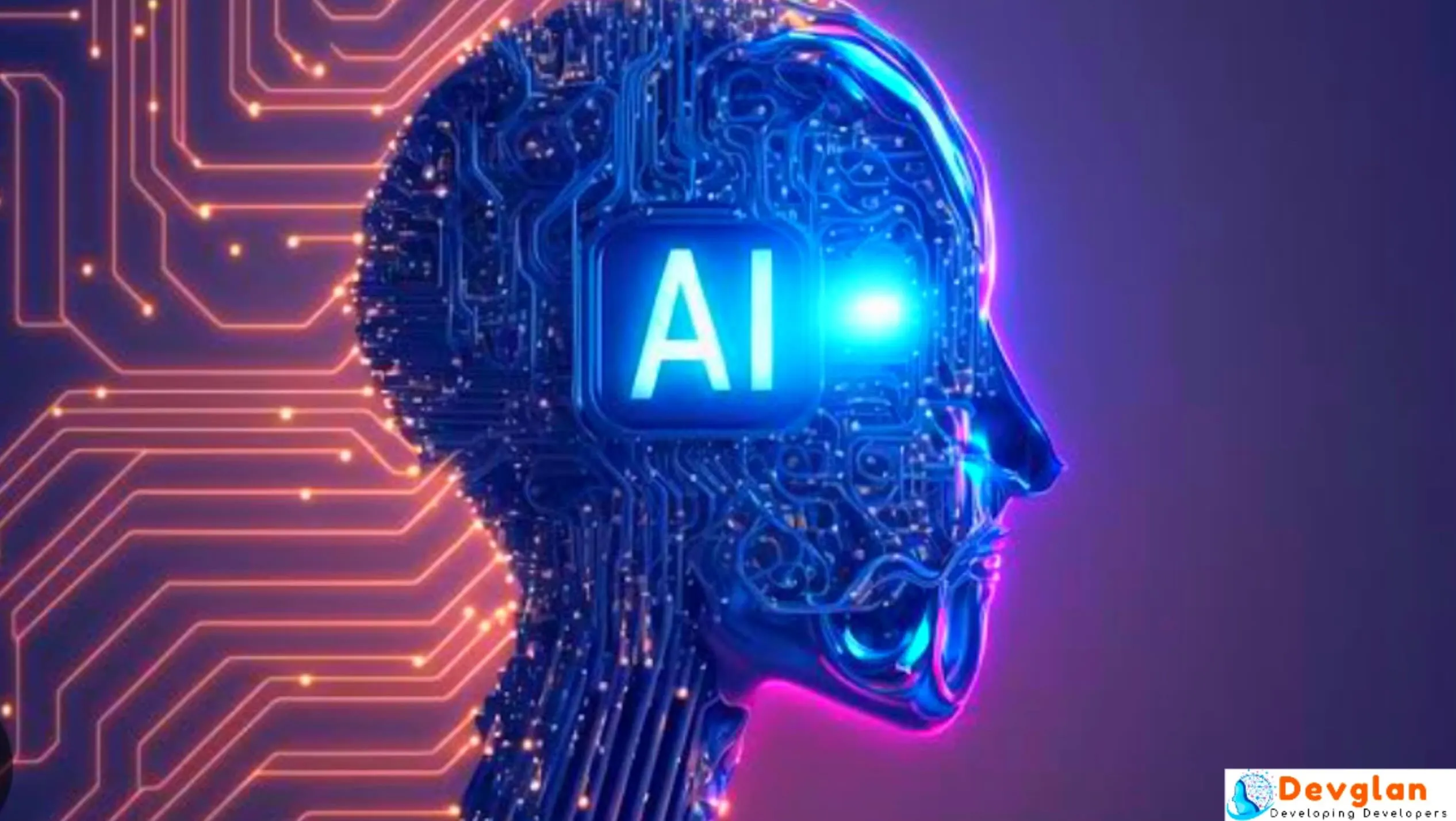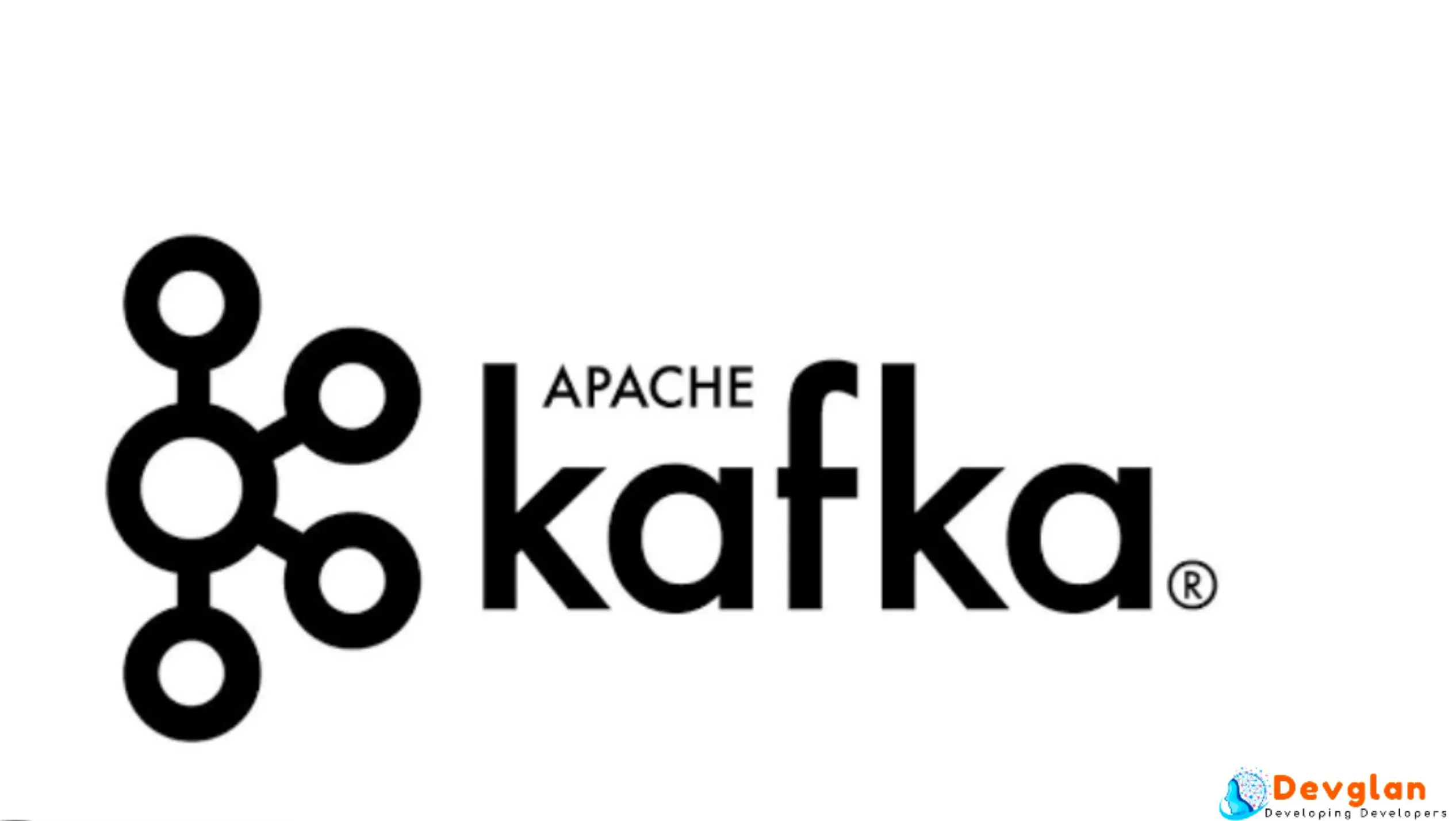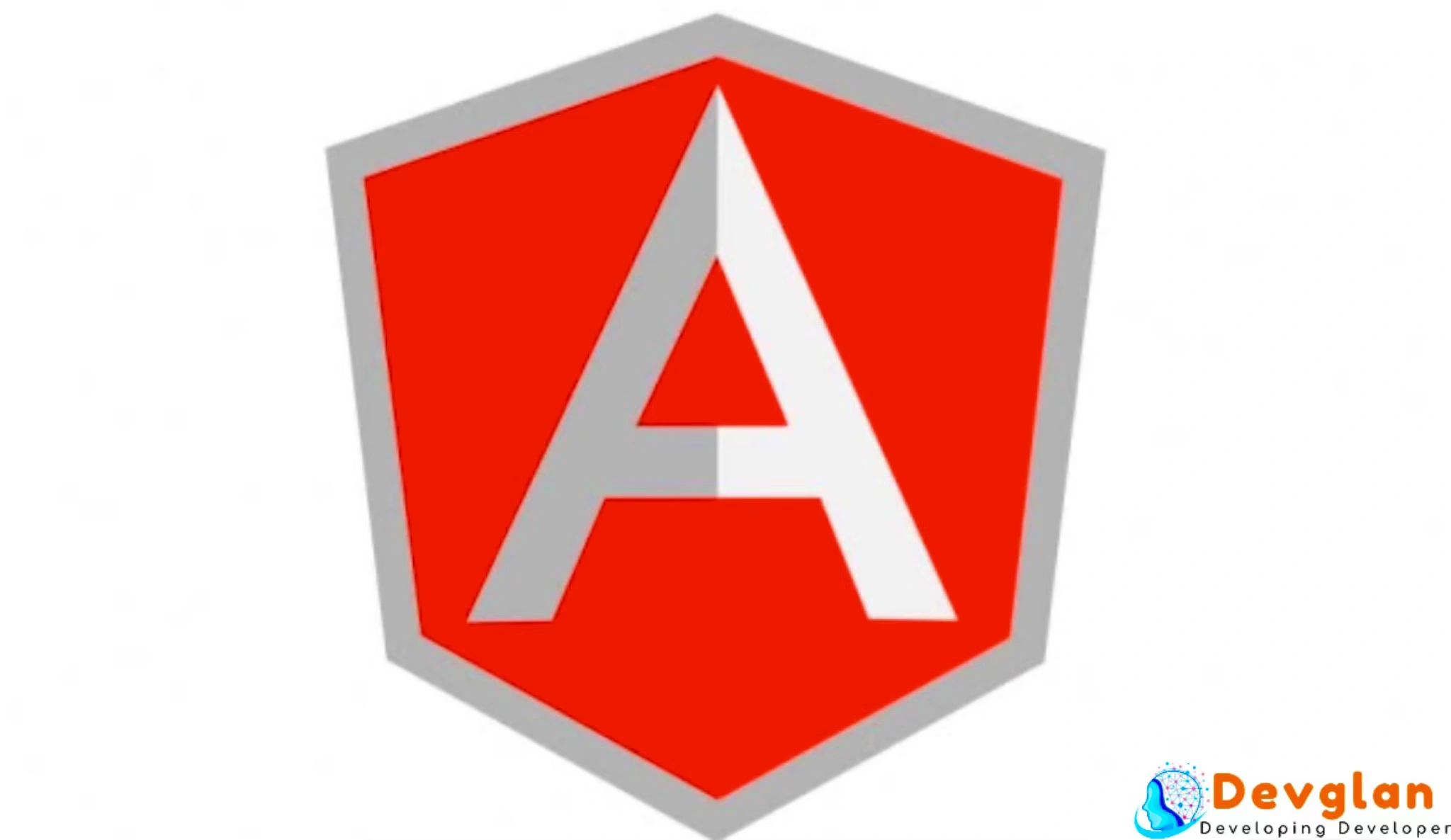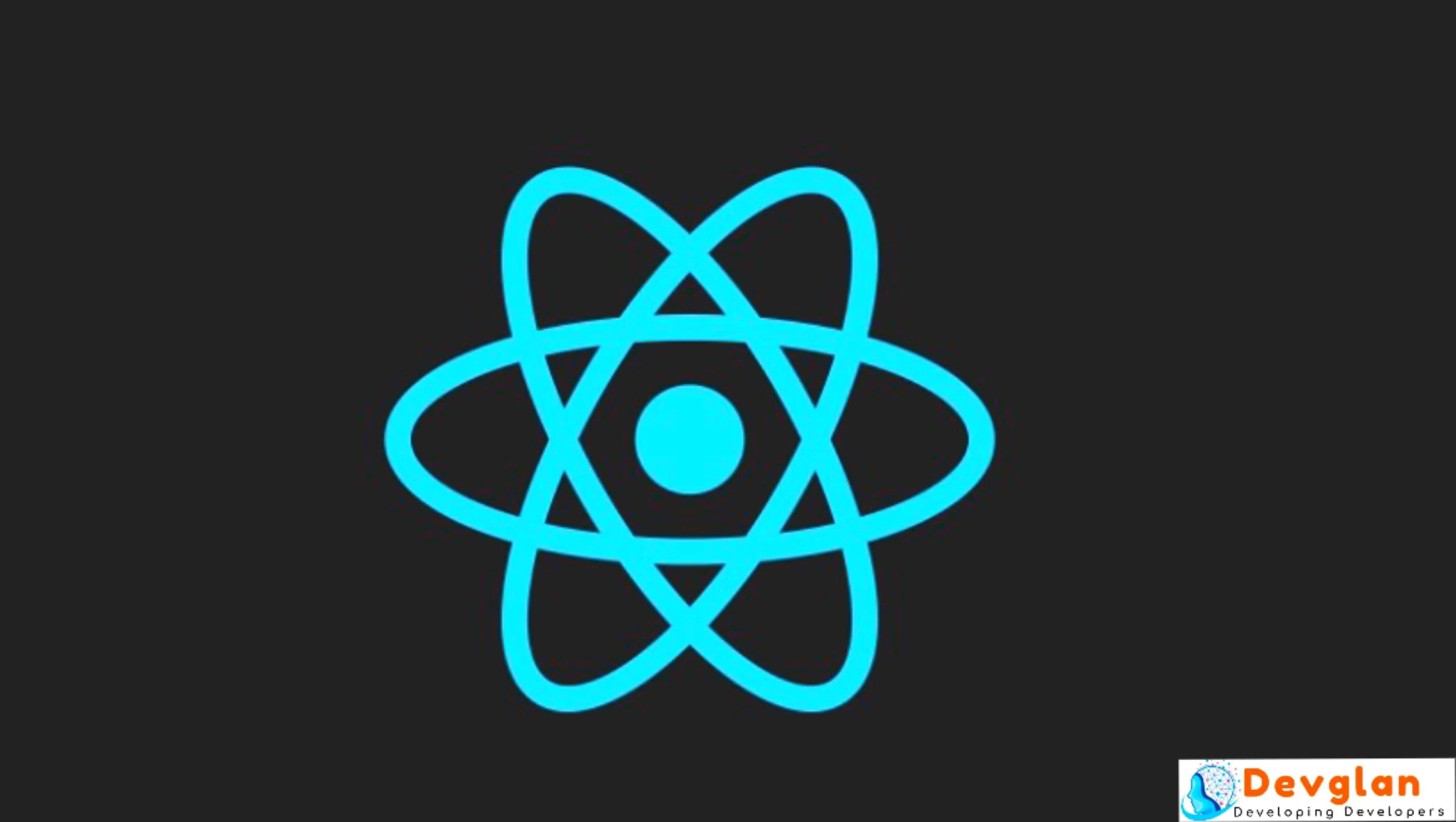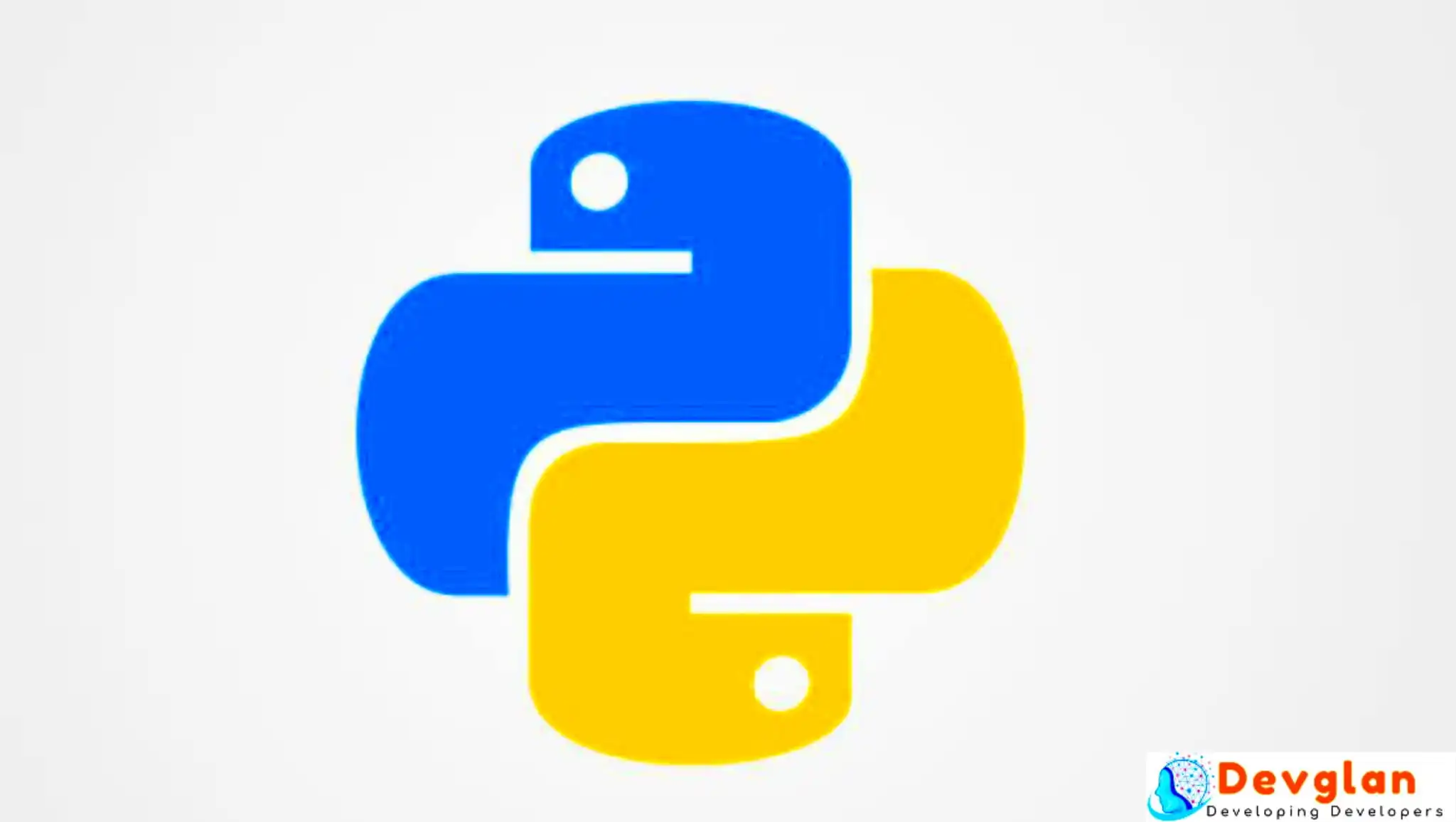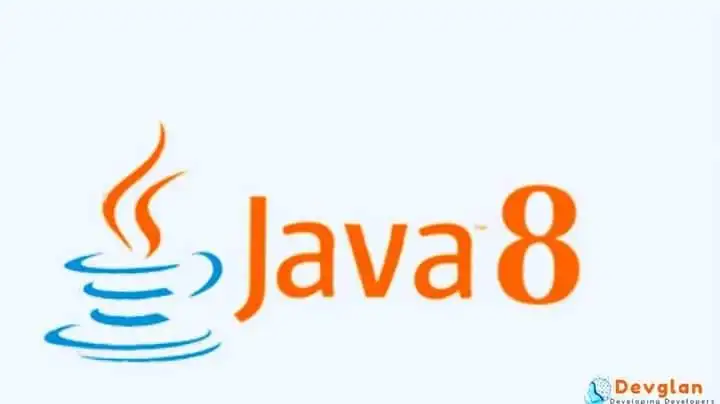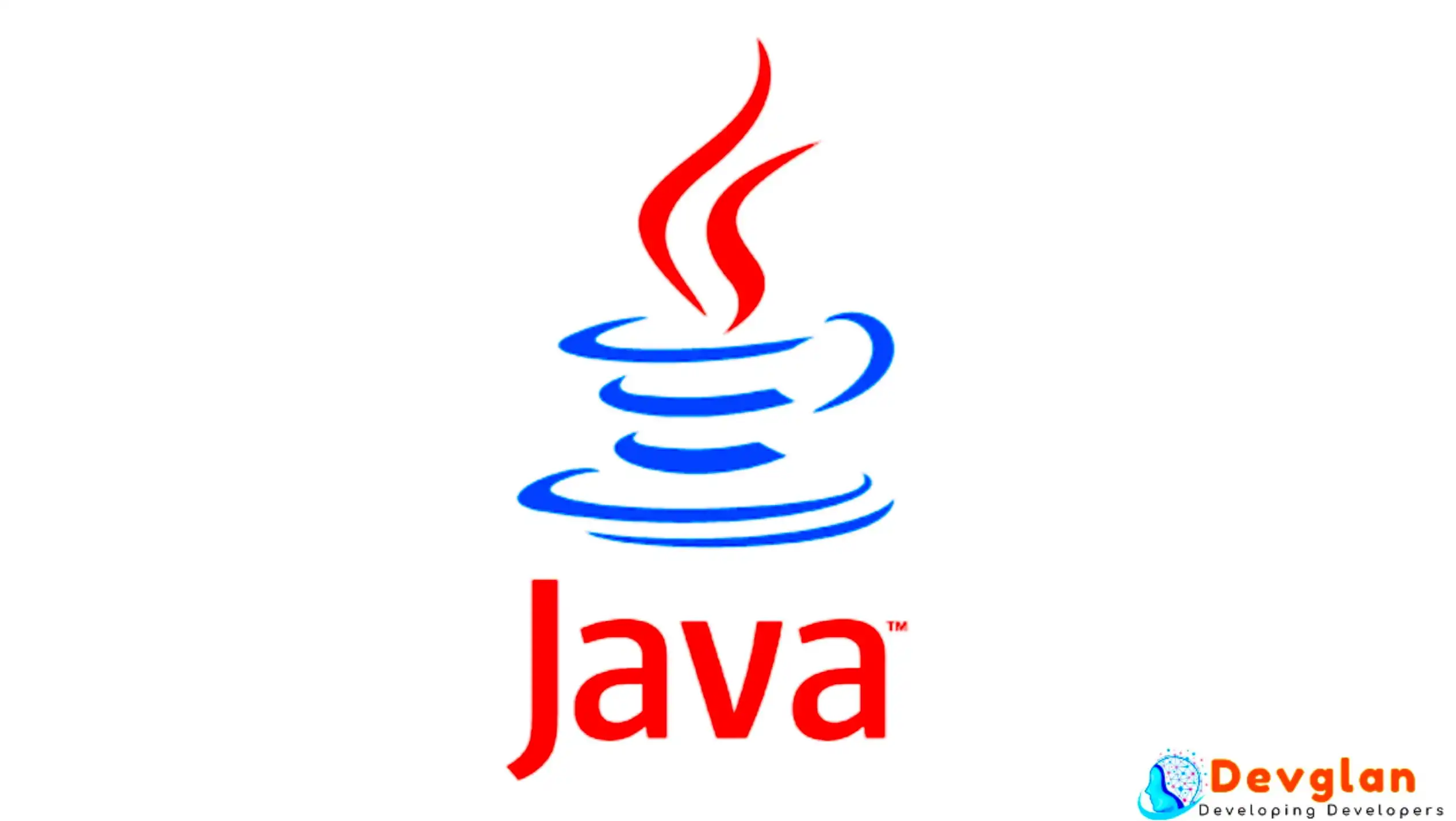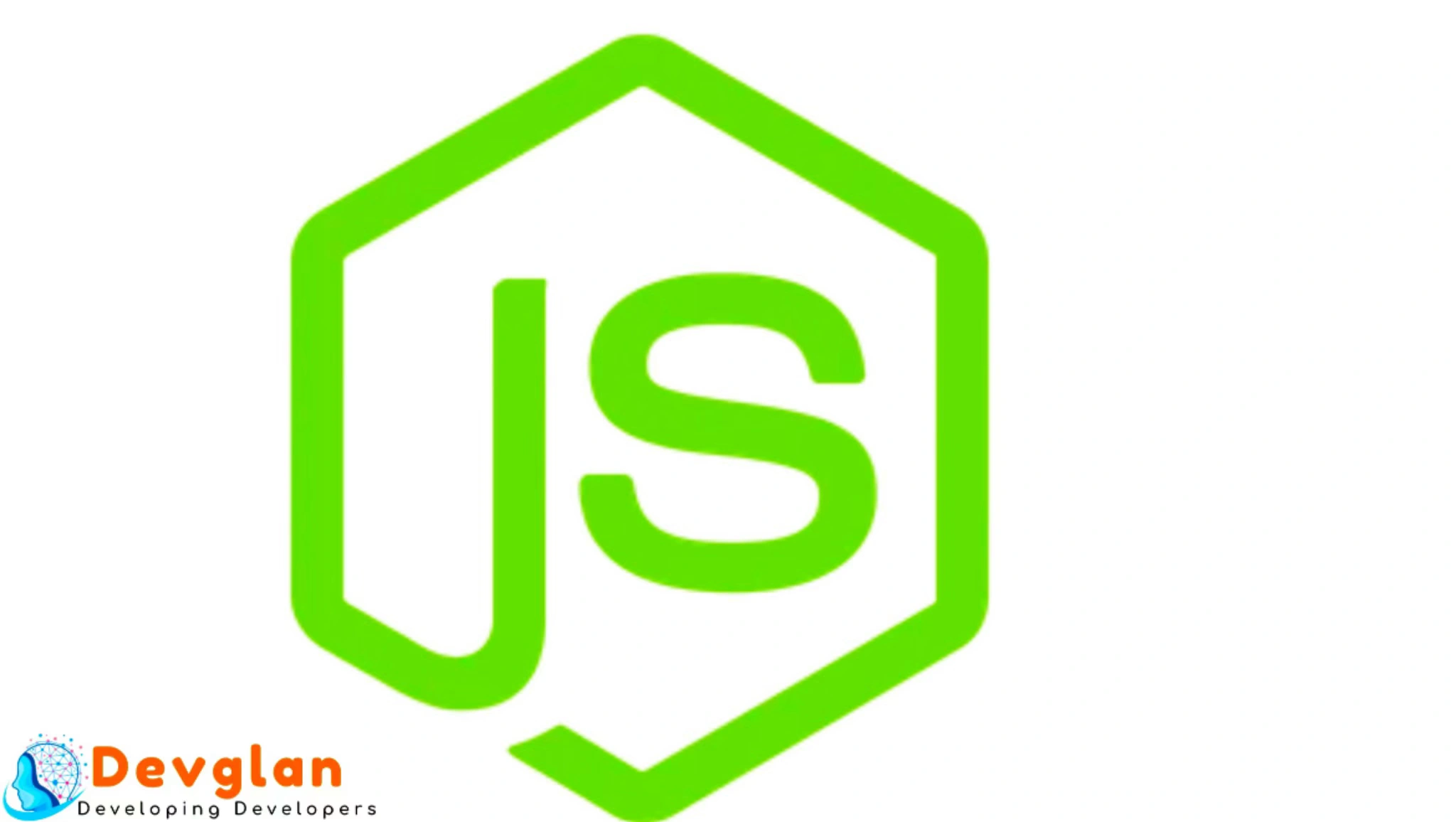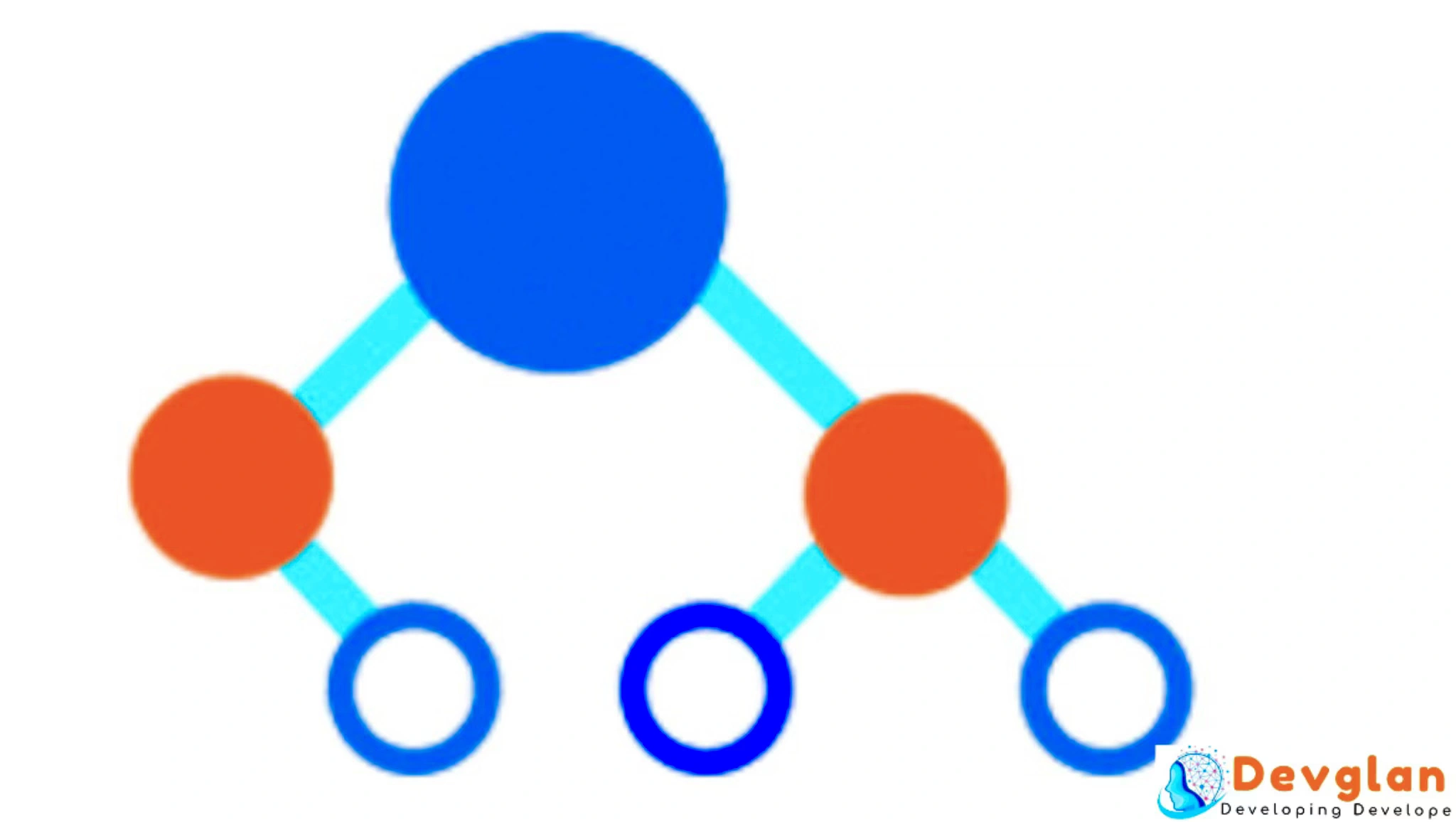Communication is a foundation and a bottleneck in fast-moving engineering teams. Developers alternate between code reviews, sprint planning, bug triage, cross-team syncs, and stand-ups every day. Each creates valuable information, but a lot can be lost in chat threads, bookmarks, Notion pages, or personal notes.
That makes it difficult to keep track of everything. It gets even worse as the team grows. Not because the work is too complicated, but because the information is scattered.
That's where AI-powered meeting summarizers can transform processes for developers.
Teams can now record the right summaries, action items, and context automatically. That means no more relying on manual notes or trusting someone to remember the details. And the impact on engineering teams is much greater than productivity or saved time. It transforms the way teams work, how they organize their sprints, and their decision-making.
Why Developers Often Struggle With Traditional Meeting Communications
Development teams often experience critical communication issues associated with traditional meetings. It is important to understand these issues to see how AI can be a solution. These problems include:
Stand-ups Can Be Both Monotonous and Hard To Hear
Stand-ups are brief in nature. But one omission, such as a dependency blocking task, can cause a snowball effect. If meeting updates lack proper documentation, then sprint planning becomes guesswork.
Developers Constantly Context-Switch
If you look at a typical week, there could be five meetings, three architecture discussions, and several threads that might need attention simultaneously. Other developers might forget what was mentioned three hours ago due to the fact that they were back to deep-focus coding.
Remote and Hybrid Teams Can Complicate Situations
Informal office clarifications are a common part of office work. However, they are frequently lost in distributed teams (Oh, by the way, we pushed that API deadline). There are no well-defined summaries, and the confusion builds up.
Handwriting of Notes Disrupts the Process
Developers do not attend meetings planning to make a transcript. They have a notetaker. However, notes can be spotty. A person can miss details or not understand the importance of a point someone makes.
These obstacles do more than slow teams down. They can create an informational and technical deficit. Those losses can be valuable and can result in various operational issues.
Meeting Summarizers Offer a Practical Solution
AI tools do not merely take notes during conversations: they comprehend. Today's AI tools can recognize tasks, obstacles, architectural choices, and deadlines. They do this exceptionally well.
Having these tools can transform a development team's relationship to meetings.
Instant Stand-up Recaps
The AI will then give a clean summary after a meeting of 10-15 minutes that includes:
-
What each developer did
-
What they are working on
-
Blockers and dependencies
-
Priority tasks
That ensures that updates are not misinterpreted, and team leads can scan patterns across multiple teams in a short time.
Obvious Action Items in Jira, Linear, or Asana
With systems like these, AI can automatically extract tasks. It can catch and summarize items like:
-
Refactor the login handler by Friday
-
Wait till the backend API schema has changed
-
Test the new deployment flow following the QA approval
These can be directly pushed into project management tools by teams without transcribing meeting notes manually.
Better Sprint Planning
Rather than using Slack threads or Confluence pages, teams can revisit summaries of:
-
Architecture discussions
-
Grooming sessions
-
Technical debates
-
Bug prioritization calls
It will form a usable knowledge base, not a collection of bits and pieces.
Asynchronous Teamwork Becomes the Norm
What happens if a developer misses a meeting? With an AI summary, they won't have to wade through a 40-minute recording. They can receive a concise summary including all relevant information, decisions, and action items.
That significantly reduces the issues that can come with hybrid development teams.
Better Culture of Documentation
AI-generated summaries become the source of truth for:
-
API changes
-
Infrastructure updates
-
Deployment procedures
-
Incident response reviews
Teams that used to not keep records will now have a complete summary. For teams that were already taking notes, they'll save time and have better documentation.
An Actual Change in Developer Cooperation
The effect is not limited to time savings. The introduction of AI meeting summarizers changes the dynamics of a team in many ways.
Improved Communication Between Developers
When they are aware that their updates will be converted into a structured summary, they automatically phrase updates in a more specific way.
Team Leads See Improved Visibility
Rather than micromanagement or follow-ups, leads will soon observe:
-
Which tasks are blocked
-
Which dependencies exist
-
How the sprint scope is evolving
It results in more confident planning and fewer surprises at the end of the sprint.
Making Inter-Team Projects Simpler
Engineering organizations can face a problem of misalignment between backend, frontend, DevOps, and product teams. Summaries assist in aligning the teams even in cases when individuals participate in separate calls.
Less Repetition, More Focus
Teams do not have to repeat a decision three times in three channels; one summary has everyone on the same page.
The Place of AI Summaries in Agile Stand-ups
Some worry that AI tools might render stand-ups unnecessary. The contrary is the case. Stand-ups aren't going anywhere. AI just helps make them more productive.
Before Stand-up
Participants examine past summaries to get reminders on the blockers or due dates that they discussed.
During Stand-up
Team members can focus more on participation because the AI is taking notes and catching important issues.
After Stand-up
The AI automatically allocates:
-
Recap
-
Action items
-
Deadlines
-
Owner responsibilities
It becomes the alignment document that keeps everyone on the same page after the meeting.
As more engineering teams adopt AI for collaboration, many of them begin integrating tools that generate automated meeting notes, turning discussions into instantly usable summaries. These solutions (such as SummarizeMeeting.com) enable developers to focus on problem-solving and collaboration more fully because the AI handles the administrative end of the meeting.
Selecting the Right AI Summarizer for a Development Team
Some tools are better for engineering teams than others. Dev teams usually consider:
Technical-Language Understanding
The AI must handle:
-
Code terminology
-
Architectural concepts
-
Frameworks (React, Django, Next.js, and so on)
-
DevOps processes
-
Cloud terminology
Generic summarizers often fail under these pressures.
Cross-Platform Recording
Teams desire hassle-free recording in:
-
Google Meet
-
Zoom
-
Microsoft Teams
Action Item Extraction
This function is vital in Agile workflows. You need a system that can identify action items and highlight them for later.
Integration With Dev Tools
Especially for:
-
Slack
-
Jira
-
Linear
-
Confluence
Security & Privacy
Engineering calls usually involve sensitive information. That means you need encryption and data security at the enterprise level.
The Measurable Effect on the Productivity of Engineering
Teams using AI meeting summaries report:
Fewer Follow-Up Meetings
It does not require engineers to make calls to seek clarification, as they have summaries that cover everything.
Clearer Priorities
Stand-ups are not blurry updates, but concrete sprint milestones.
Faster Onboarding
New developers can:
-
Read previous summaries
-
Become familiar with architecture choices
-
Ramp up 2-3x faster
Stronger Accountability
It is clear to everyone who owns what task, eliminating confusion and increasing the consistency of delivery.
Better Knowledge Retention
There is no longer any further loss of important decisions within Slack threads.
The Future of Developer Collaboration
The world of engineering teams is experiencing a shift towards a more automatic means of communication. They do not waste their cognitive power on details, but concentrate on architecture, performance, and innovation.
The following line of AI summarizers can provide:
-
Real-time snippet recognition of source code.
-
Jira ticket creation in automatic mode.
-
Meeting pattern analysis
-
Knowledge on productivity and blockers.
-
Multilingual briefings of international teams.
Even simple automation is of immense value. Teams no longer need to depend on memory and instead achieve greater clarity.


